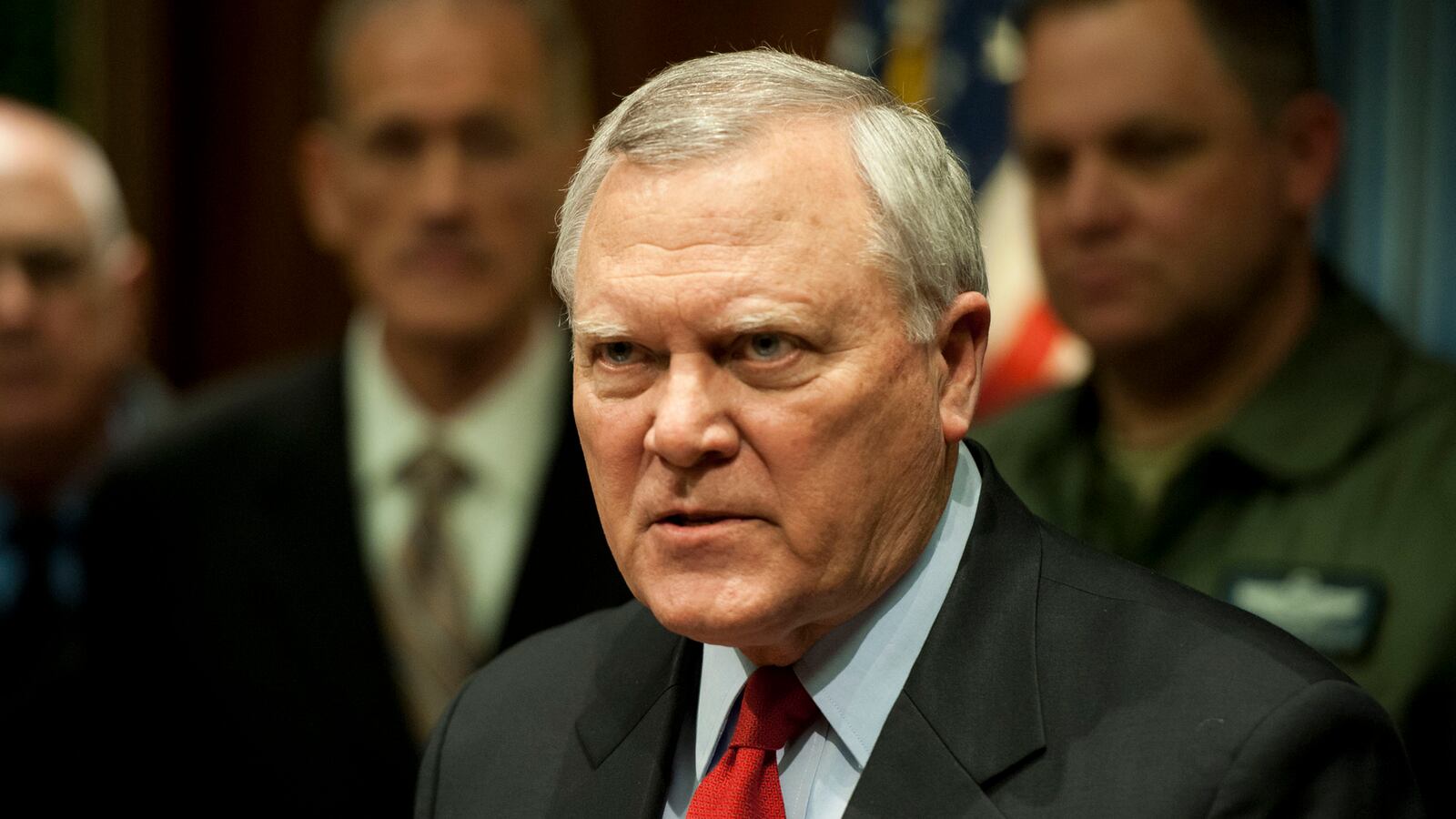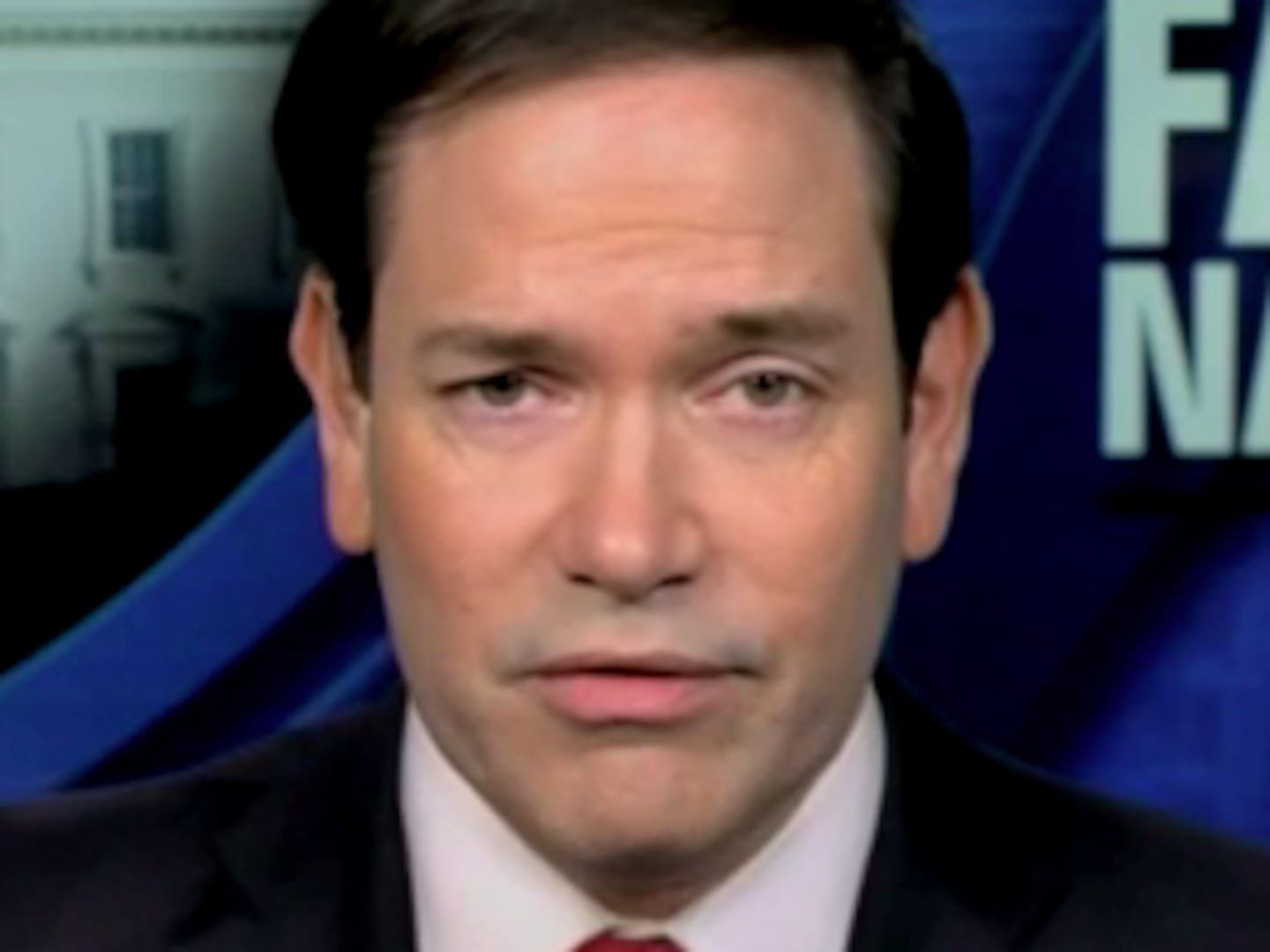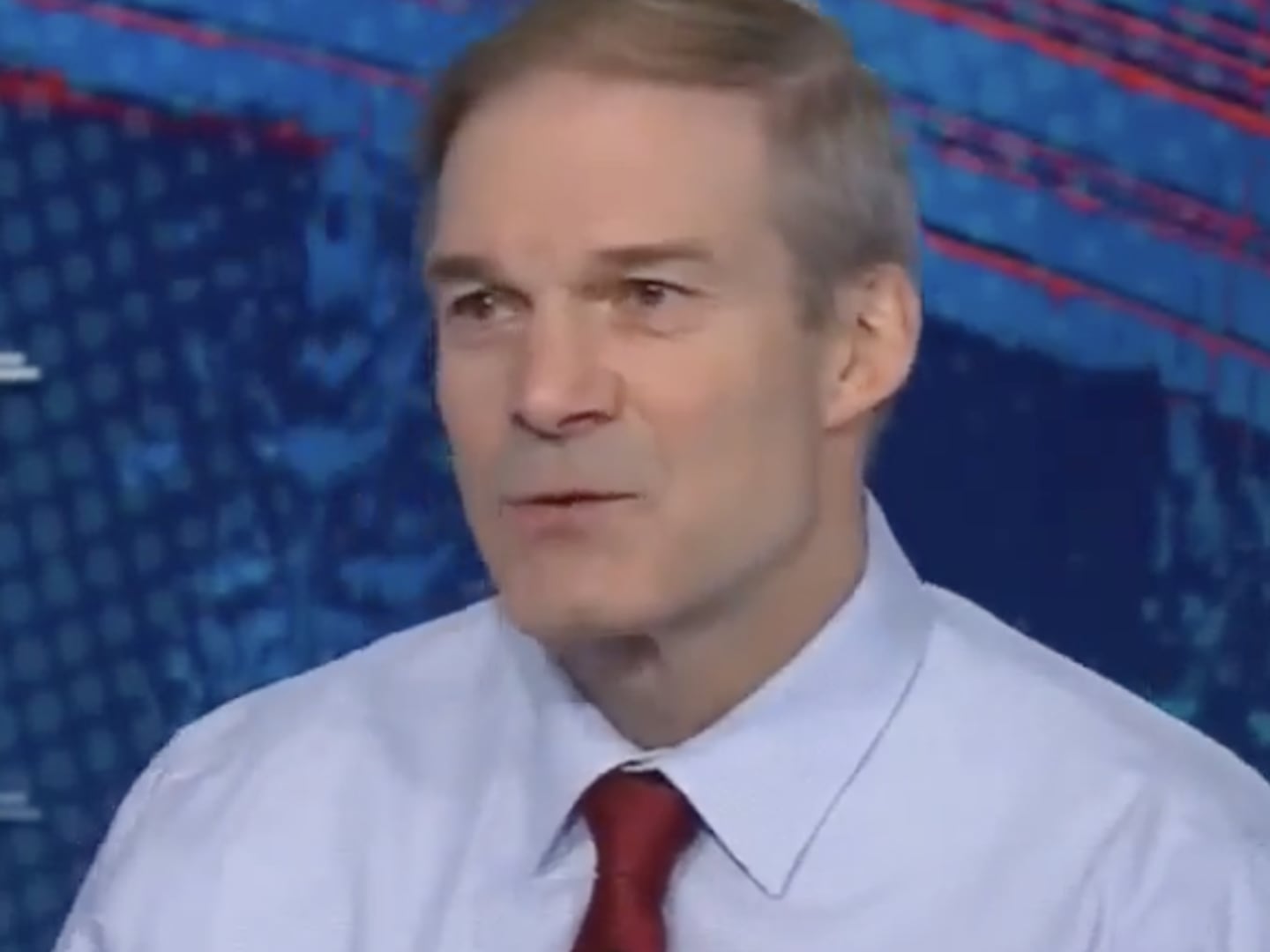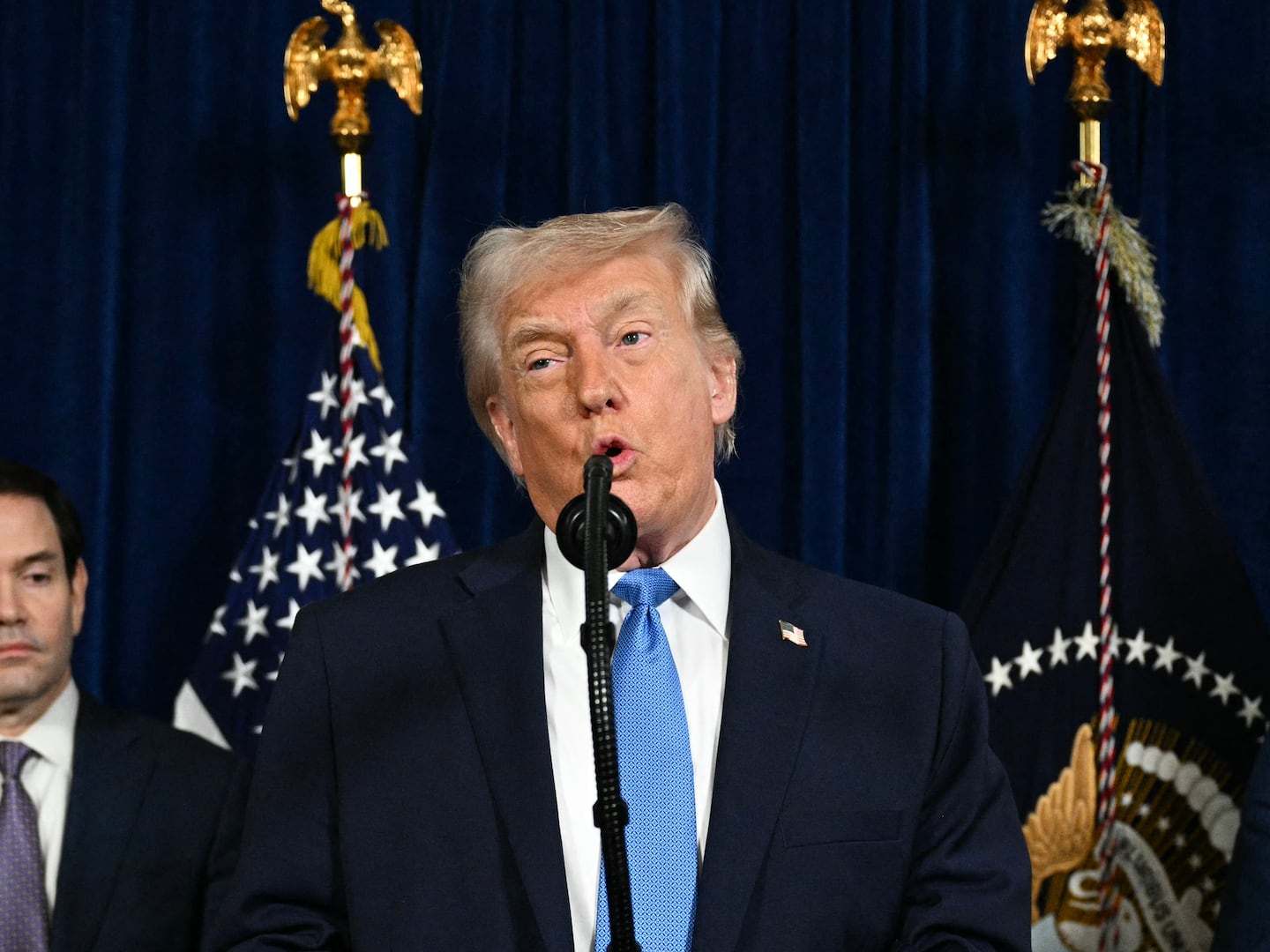If I asked you to name two states where the incumbent Republican governors might lose re-election this fall, you would likely, I expect, say Florida and Pennsylvania. I doubt very much you’d offer up Georgia and Kansas.

But lo and behold—the contests in both of those states are right now a little closer than you’d expect. In Kansas, Sam Brownback is the governor. You remember Brownback—he was a senator for a spell, best remembered (by me anyway) for his prominent role in that hideous Republican appropriation of poor Terry Schiavo in their zealotry to “promote life.” In Georgia, the bossman is Nathan Deal, also a former congressman, whose term is best remembered for the way he announced a departure date for his gubernatorial run. (He realized that the House would be voting on Obamacare shortly thereafter, and delayed his departure so he could vote against it.)
It ought to be easy-peasy-lemon-squeezy for right-wing Republicans to get re-elected in those states, but recent polls have shown them dangling along the margin-of-error cliff. Deal leads Jason Carter (yep, Jimmy’s grandson) by just 3.4 percent in the realclearpolitics average, and Brownback actually trailed Democrat Paul Davis 42-40 in one February poll. Brownback’s approval rating is also deeply underwater. So it’s conceivable—that’s as far as we should prudently go—that both could lose.
Now, here’s the rub. Both, naturally, oppose the expansion of Obamacare into their states. They say no force on earth or in heaven will make them take that Medicaid money. It’s estimated that 600,000 Georgians and 78,000 Kansans would benefit. But they’re having none of it. And that’s their right. But what they’re doing now, in cahoots with friendly legislators, is a step beyond: In both states, they’re passing laws that would prevent any future governor from accepting the Medicaid money.
It works like this. Under the Affordable Care Act, the process by which states decide to accept the money is entirely up to them. Some states determined that legislative action should be required. You may have read about the Republicans in the Florida legislature rebuffing GOP Governor Rick Scott for the five minutes he was toying with taking the money. New Virginia Governor Terry McAuliffe wants the money badly, and his Democratic State Senate is with him, but they’re hamstrung by the GOP-controlled House of Delegates, which is against.
Initially, Georgia and Kansas were states where it was just the governor’s call. Which was fine as long as the Republicans looked like sure things. But the polls tightened up, and people started getting a little antsy. Hey, what if a Democratic governor got elected and said, ‘OK, Barack, write me that check’?
And so Brownback signed his state’s law last Friday. His office just announced it this week. Why the delay? Shouldn’t one such as Sam Brownback be proud of signing this socialism-blocking law? Well, it turns out that it was originally a law about something else, requiring the state to provide quick payment to certain in-state Medicaid care providers. This provision was tacked on late. A Wichita Democrat, Jim Ward, said: “That bill is what I think is endemic with this legislative process under this governor and this speaker and Senate president. There was no hearing. There were no opportunities for people who have a stake in Medicaid expansion to come in and talk about it.”
In Georgia, it’s easier. The legislation was passed about a month ago. If Deal doesn’t veto it, it becomes law. And since he supports it—indeed, since his staff helped write this law that willingly hands gubernatorial power over to the legislature—it will. And into the bargain, the Georgia legislature also passed—on the next-to-last day of the session—a bill that blocks state employees from helping Georgians sign up for care under the ACA.
So stop and think about this. Kansas and Georgia have just taken what was a gubernatorial decision out of the hands of not only current but future governors. You can argue plausibly that the people’s representatives should have a say in such a decision, on principle. But principle wasn’t at work here. Political expediency was. Legislators in the two states know that Republicans are likely to have control as far as the eye can see. And they’ll never say yes. And they’re doing all this in the name of what? In the name of denying 678,000 people a chance at health insurance coverage.
It gets worse. The ACA makes cuts to certain current Medicaid programs on the assumption that states would take this new Medicaid money. It cut funding for hospitals that serve the poor, cuts intended to be mitigated by the fact that a large number of poor would now be insured once the states they live in accepted the new money. But in states that did not, those people are suffering even more. Several rural hospitals in Georgia have closed. They could be saved if the state took the Medicaid money.
Carter vows he’s going to make this skeezy law, and the Medicaid question generally, an issue. The Georgia law has sparked large protests and arrests and might end up being the most important issue in the campaign. In Kansas, Davis supports Medicaid expansion—and according to a recent poll so do 55 percent of Kansans, against just 39 percent who oppose taking the money. So maybe there’s not as much the matter with Kansas as we thought. With the people, anyway. The governor and the legislators are another matter.






